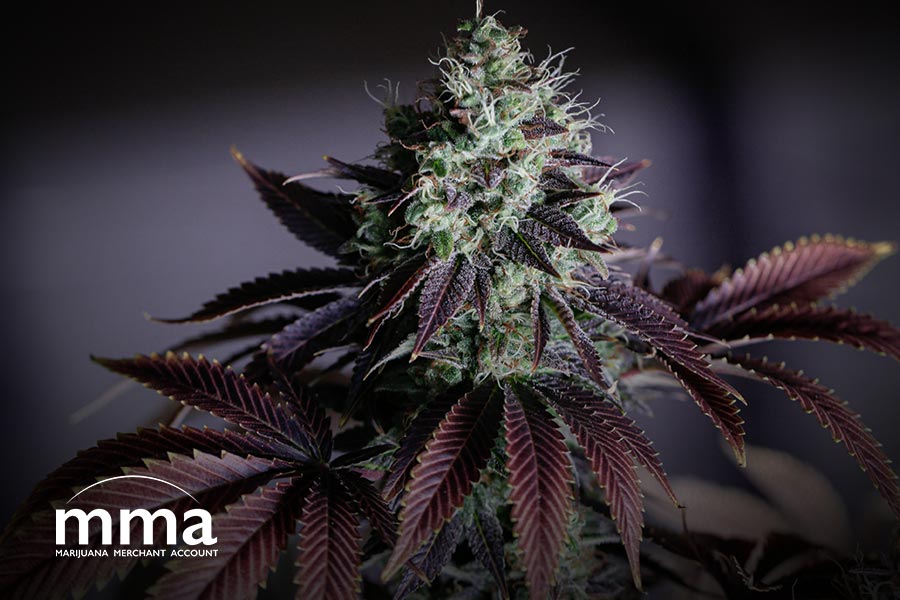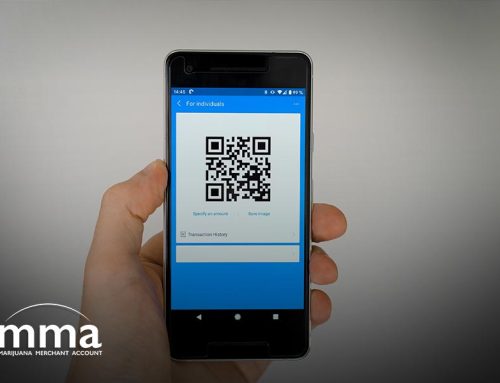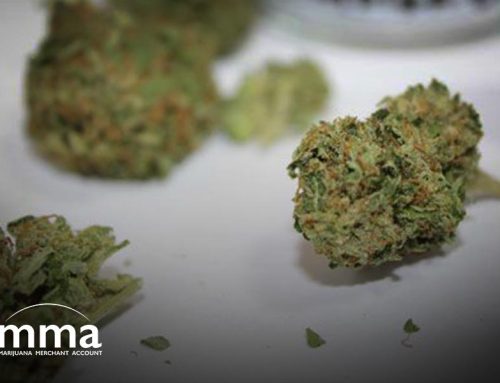President Joe Biden’s recent executive action pardoning all prior federal cannabis possession convictions garnered most of the headlines, but he also announced that he’d issued a directive to review marijuana classification as a Schedule I drug.
Legally speaking, this designation puts cannabis on the same footing as cocaine and heroin; that is, dangerous substances with little or no accepted medical value. The Justice Department and the secretary of Health and Human Services are now reportedly reconsidering this, which could open the door for broader federal cannabis decriminalization.
De-scheduling marijuana, or even removing it from the list of controlled substances altogether, would be an historic move, and one that would likely clear the way for more banks and financial institutions to service the legal cannabis industry since the threat of federal prosecution would be removed.
This hasn’t been the only obstacle forcing many marijuana businesses to operate on a cash-only basis though. Heightened compliance burdens and reputational concerns have also deterred many banks from entering the cannabis space.
Sahar Ayinehsazian, an attorney at cannabis law firm Vicente Sederberg, believes de-scheduling would help minimize these issues though.
“Removing the risk of federal prosecution through de-scheduling should help to lessen the compliance burden and work to eviscerate the discriminatory reputational risks associated with cannabis, thereby vastly increasing access to banking services for legal and compliant cannabis businesses,” she said.
Other cannabis industry experts take a different view, arguing de-scheduling could result in greater compliance reporting requirements for banks servicing cannabusinesses.
“While changing cannabis’ Controlled Substances Act designation would provide additional comfort to bankers who choose to serve the industry, the existence of the illicit market means banks wouldn’t be absolved from performing their compliance obligations,” said Robert Baron, chief experience officer at StandardC, a cannabis banking firm.
“Bankers will still need to perform robust [know-your-customer] and monitoring of their cannabis customers, customers’ clients, and their vendors to mitigate the risk of money laundering that could be injected into the legal cannabis industry from the illicit market,” he added.
As such, the risks may still outweigh the benefits, especially for larger banks.
Another potential consequence of federal cannabis de-scheduling could potentially be a relaxation of requirements to submit suspicious activity reports concerning cannabis activity with the Financial Crimes Enforcement Network (FinCEN). FinCen could even be pushed into issuing new guidance on working with marijuana businesses in the wake of federal de-scheduling.
“When cannabis is no longer illegal by default, which it has been according to its scheduling within the Controlled Substances Act in 1970, the original guidance is no longer needed and could be reissued to contain more risk-appropriate requirements that are less burdensome on financial institutions,” Baron said.
It remains to be seen how federal de-scheduling would affect legislation filed in Congress that aims to facilitate marijuana banking. The Secure and Fair Enforcement (SAFE) Banking Act and the Capital Lending and Investment for Marijuana Businesses (CLIMB) Act would remove the threat of federal prosecutions for financial institutions working with marijuana businesses.
Some legislators have commented that both would be redundant in the face of federal de-scheduling but the SAFE Banking Act’s chief sponsor, Rep. Ed Perlmutter, said that even if this happened “we will continue to face banking conflicts between federal and state law.”












